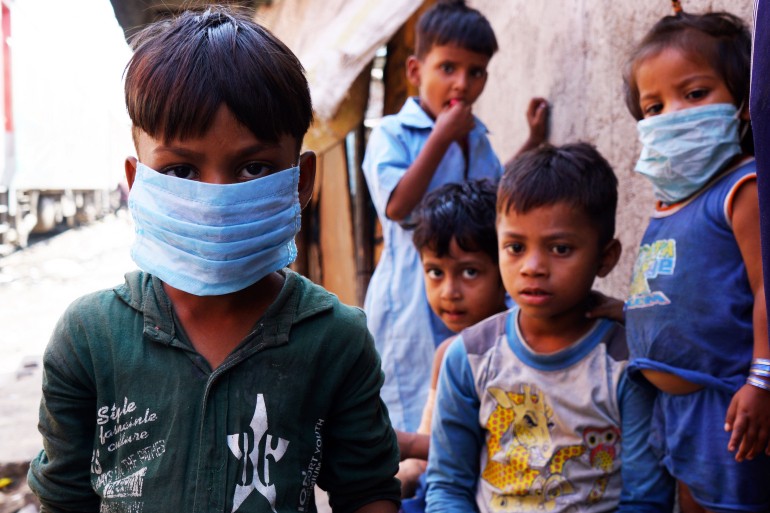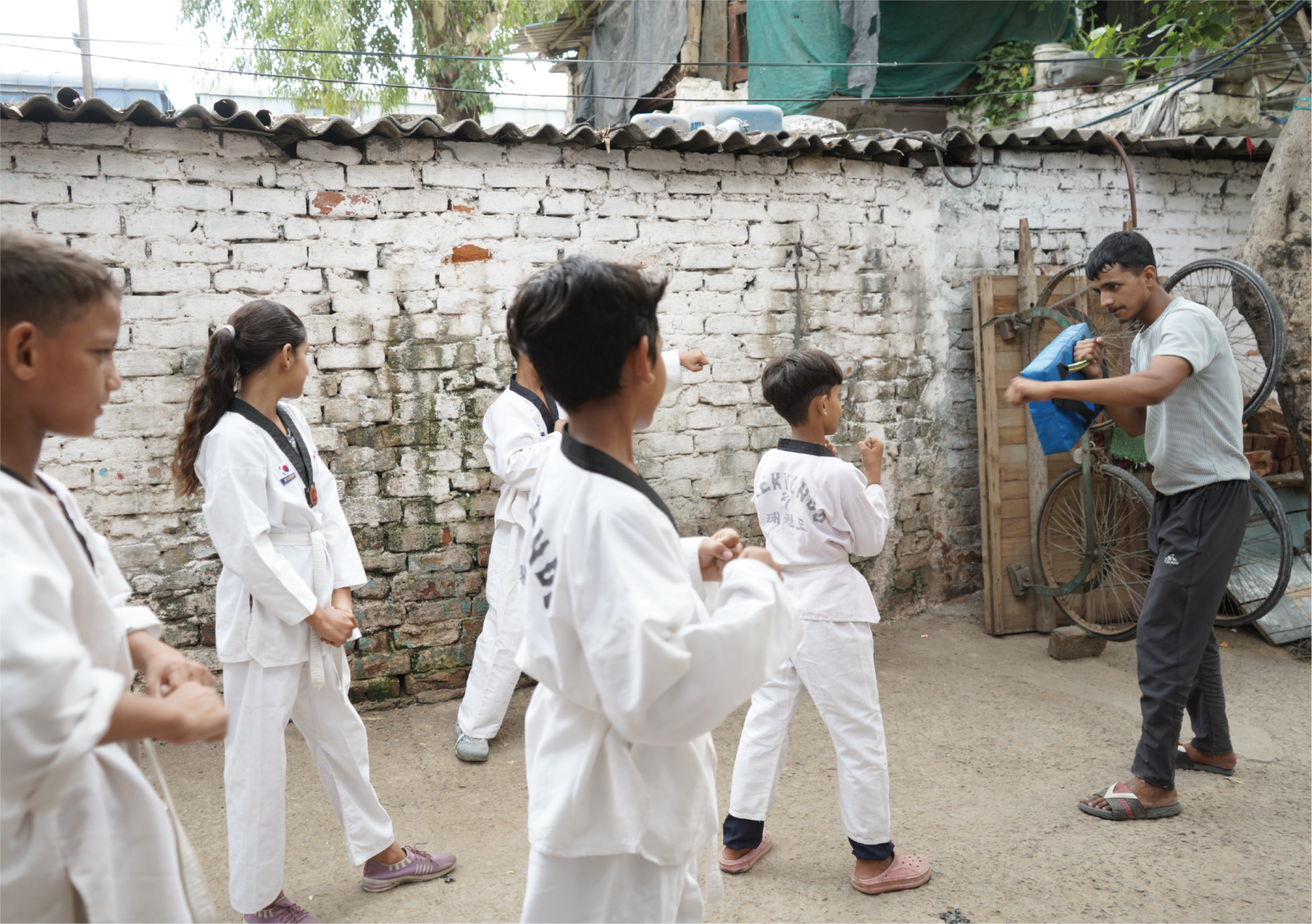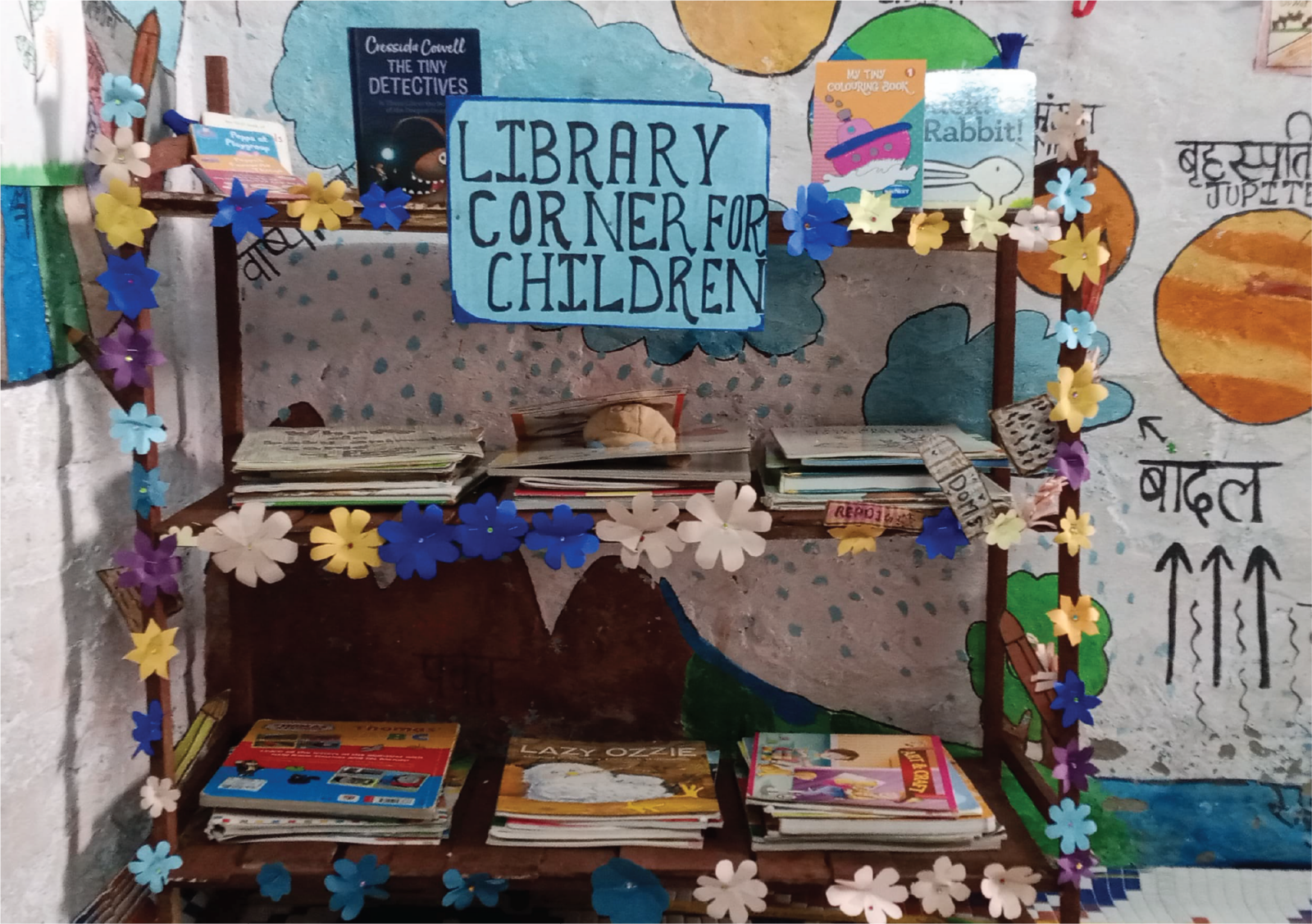Each day, each week, each month is bringing renewed challenges for India’s children. With the second wave of Covid-19 threatening to wash ashore India’s public healthcare system and the common person’s morale, the children have not been spared from its wrath either. From an unprecedented spike in Coivd cases among children to an exacerbated food crisis, Covid-19 continues to spread its far-reaching negative impact on children.
Presented below are six recent headlines that capture the continued ill effects of the pandemic on children.
A year into the pandemic, the India Task Force on Covid-19 highlighted four areas of concern that emerged in India vis-a-vis children and their physical and emotional well-being. What began with widened learning inequities, progressed to an adverse impact on nutrition, mental and psychological wellbeing, and safety of children. The task force stated that the lives of nearly 40 million children since the beginning of the lockdown.
Pandemic hits them hard, again: Hands that held books are now toiling hard.
A survey by Campaign Against Child Labour, conducted between September and November 2020 in 23 districts of Tamil Nadu, including Chennai, Coimbatore, and Madurai, states that 76 per cent of school-going children have started working once the pandemic set in. With free schools and not-so-free online classes remaining out of bounds, many children like 11-year-old Naveen began taking up odd chores to help their parents put food on the table.
Covid 2.0 Hits Indian Kids With Severe Symptoms: Doctors.
In what could be a worrying news for Indian parents, an increasing number of children are now being infected with Covid-19 in the ongoing lethal second wave. Children from all age groups, even those below one year, are reportedly being infected in the second wave. While there have been a few cases that have escalated to pneumonia, and required oxygen and other respiratory support, the saving grace is that compared to adults, the rate of pneumonia in kids is less.
How the pandemic raised risk of childhood obesity.
Confined to their homes amid the Covid-19 pandemic, children are facing a higher risk of obesity due to increased intake of junk food, lack of socialisation and physical activities. The latest National Family Health Survey, which was conducted in 22 states in pre-pandemic times, presented a dire picture of nutrition of children in the country. While on the one hand, it showed a rise in malnutrition in several states, the government survey also presented an increase of obesity among children in 20 of the 22 surveyed states.
Covid-19 Hits Maternal Care, Underlines Gender Divide.
With COVID-19 necessitating lockdowns globally in 2020, millions were cut off from essential health services. This resulted in the health of pregnant women, new mothers, and their babies becoming critically endangered, as of today. With the maternal mortality ratio of 245 per 100,000 in 2004-6 reduced to 113 per 100,000 in 2016-18, India had shown progress in improving maternal health. However, we are likely to account for the highest maternal and child mortality figures in the region if the people who need it most continue to be cut off from health services.
For migrant populations, access to nutrition and healthcare is further compromised by the seasonal nature of their occupation. The COVID-19 pandemic has only further exacerbated this problem. Tens of thousands of households have lost their incomes, causing food insecurity. Mission Poshan 2.0 launched recently by the Government of India aims to develop practices that will accelerate health, wellness and immunity of children and pregnant women. Collaborations (with community-based organisations and small enterprises) and simple interventions (vitamin A, deworming and multiple micronutrient supplementations) can help 27.6 million children 6-59 months and 13.8 million pregnant women.







